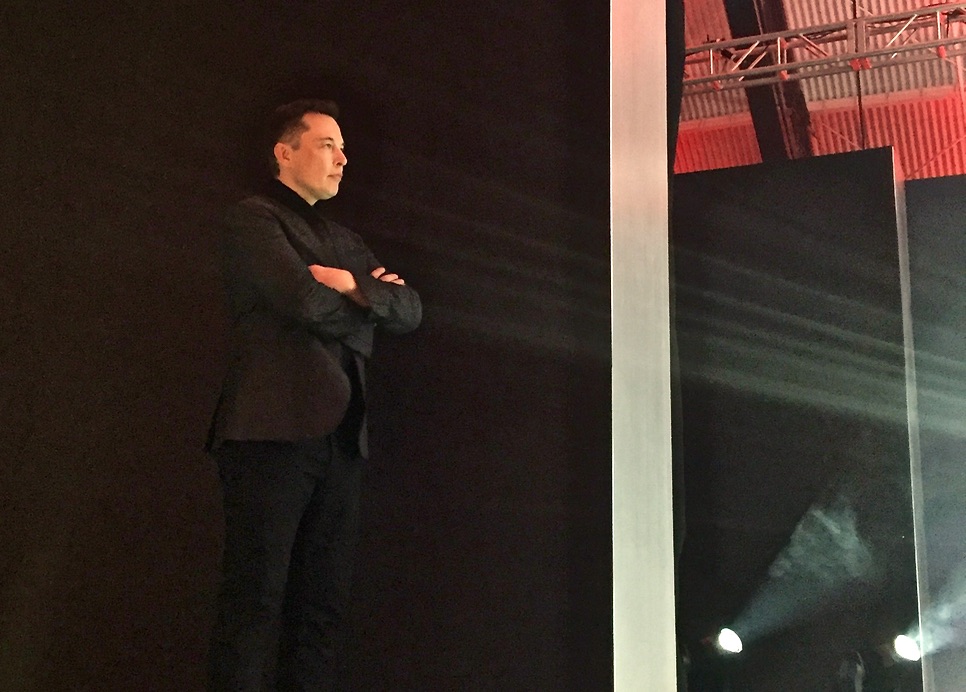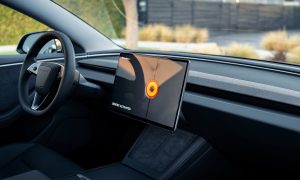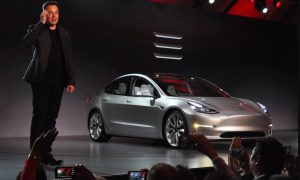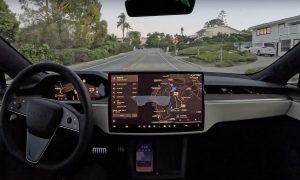Things are starting to take shape in Elon Musk’s vision for a digital brain-computer interface, also referred to as a “neural lace”. What was once a topic of science fiction – robotically enhanced humans taking refuge in a post apocalyptic Earth – could be making its way into our present day world.
Following Musk’s announcement that he was serious about embarking on a tunnel project that would seemingly connect SpaceX with LAX airport, the billionaire serial tech entrepreneur revealed plans to maybe announce a neural lace concept as early as next month.
@BelovedRevol Maybe next month
— Elon Musk (@elonmusk) January 25, 2017
Musk first spoke about his concept that would allow humans to “achieve symbioses with machines” last year during a sit-down with Y Combinator’s Sam Altman. Both Altman and Musk are the co-chairmen of OpenAI, an organization looking to advance digital intelligence with boundaries to prevent harm to humanity.
Related: Elon Asks How Long Before New Wave of Bots Become Hitler
The modern day Tony Stark has not been shy about voicing his concerns about the dangers of artificial intelligence, going as far as saying that unregulated AI development is akin to “summoning the demon” and more dangerous than nuclear weapons.
Worth reading Superintelligence by Bostrom. We need to be super careful with AI. Potentially more dangerous than nukes.
— Elon Musk (@elonmusk) August 3, 2014
The concept behind a neural lace is a wireless mesh that can serve as an interface between an ultra-fine computing device implanted into the brain and the brain’s biological circuitry. The neural lace would be programmed to regulate chemicals being released by the brain’s neurons, thereby artificially enhancing certain human functions, at least in theory.
Early experiments of a neural lace concept have already been conducted on lab mice. Researchers injected a thin “syringe-injectable electronics” directly into the brain where it fused with the brain’s natural circuitry. According to published reports in the journal of Nature Nanotechnology, mice receiving the mesh electronic survived the procedure and were sending brain signals augmented by the neural lace.
It isn’t yet clear what applications Musk’s neural lace concept would have in humans, but it could, in theory, be used for early detection of degenerative disorders like Parkinson’s and Alzheimer’s disease.











